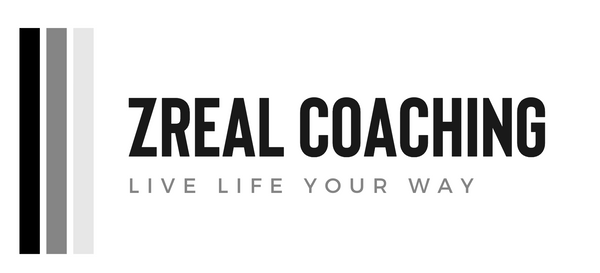
Recognizing and Addressing Toxic Habits in Family Relationships
### The Importance of Setting Boundaries
When dealing with family members who exhibit toxic habits, it's essential to prioritize your own well-being and set boundaries to maintain your emotional health. Just because people are family and claim to be religious or godly, it doesn't mean they have good morals or intentions for you. If they truly care for you, they will want the best for your future, not keep asking for your hard-earned money to fund their habits.
### Common Toxic Habits in Family Relationships
Some common toxic habits to watch out for include:
- *Communication Habits*:
- Criticizing instead of encouraging
- Passive-aggressive behavior
- Avoiding direct communication
- *Emotional Habits*:
- Emotional manipulation
- Dismissing emotions
- Holding grudges
- *Boundary Habits*:
- Overstepping boundaries
- Expecting obedience without explanation
- *Values and Beliefs*:
- Prioritizing family reputation over individual well-being
- Emphasizing hierarchy and authority
- *Conflict Resolution Habits*:
- Avoiding conflict
- Using aggression or anger
- *Support and Validation Habits*:
- Lack of emotional support
- Comparing family members unfavorably
- *Other Habits*:
- Expecting sacrifice
- Gossiping or spreading rumors
- Using shame or guilt
- Disrespecting individuality
- Lack of accountability
- Ignoring or dismissing boundaries
### Understanding the Root Causes of Toxic Behavior
Toxic behavior can often be traced back to various factors, including:
- *Upbringing and Environment*:
- Intergenerational trauma
- Cultural norms and values
- Lack of emotional intelligence
- *Societal Influences*:
- Socio-economic factors
- Cultural expectations
### Breaking the Cycle of Toxicity
To break the cycle of toxicity, it's essential to:
- *Recognize and acknowledge toxic behavior*: The first step towards change is acknowledging the toxic behavior and its impact.
- *Seek help*: Therapy and life coaching can help individuals understand underlying issues and develop healthier coping mechanisms.
- *Education and awareness*: Educating oneself and others about healthy relationships, emotional intelligence, and effective communication can help break the cycle of toxic behavior.
### Tips for Addressing Toxic Habits
When dealing with toxic habits in family relationships, consider the following tips:
- *Set boundaries*: Prioritize your own well-being and set boundaries to maintain your emotional health.
- *Model healthy behavior*: Show your family members what healthy habits and behaviors look like.
- *Communicate effectively*: Use "I" statements and active listening to express your feelings and thoughts.
- *Focus on one issue at a time*: Identify a specific issue and develop a plan to address it.
- *Seek support*: Talk to a trusted friend or family member, or consider seeking help from a therapist or counselor.
By recognizing and addressing toxic habits, you can work towards creating a more supportive and empathetic environment that fosters positive change.
